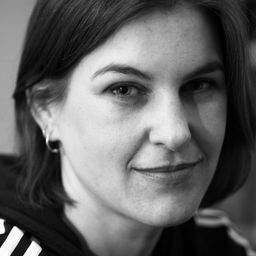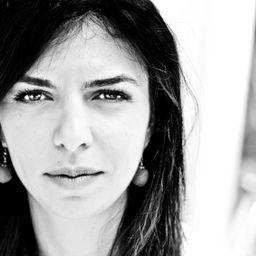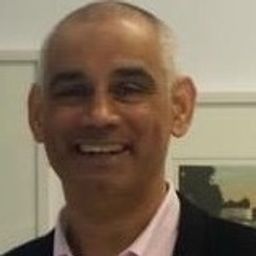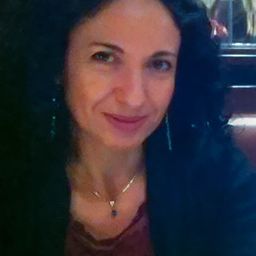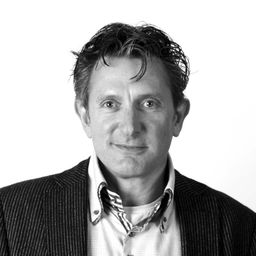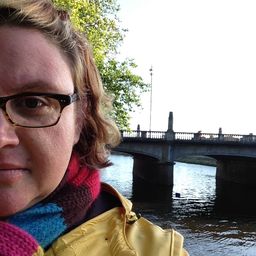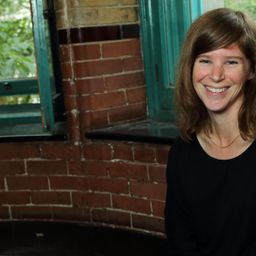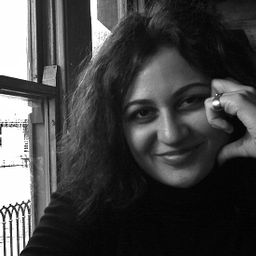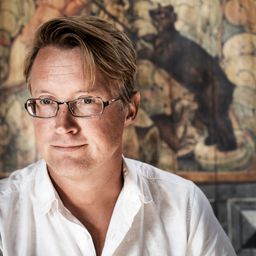Contested Pasts: Urban Heritage in Divided Cities
My Session Status
The session is divided in three equal parts:
Transformation of Heritage as "Conflict by Other Means".
Urban heritage is often re-designed, re-invented and employed as an instrument of political division in the cityscape. Discrete religious heritage dominates the Greek and Turkish sides of Nicosia, urban parades invested with separate sectarian traditions are held in Belfast, streets in Sarajevo and East Sarajevo acquired different commemorative names after the war.
We ask: What role do spatial remnants, practices and discourses of the past play in the demarcation of urban territories? What happens when heritage of one social group becomes “displaced” on the side of the other? How does urban heritage mediate and contest socio-spatial marginalization, discrimination and exclusion?
2. Dealing with Contested Heritage.
The political division of the city itself often leaves contested urban heritage in the cityscape. The legacy of ethnic clashes is still visible in the cityscape of Beirut, while traces and memories of the Berlin Wall still haunt the city.
We ask: What should be done with remnants of the city’s division in the post-conflict scenario? What influence do preservation and commemoration of these places have on transformation of the city’s spatial morphology, flows of urban life and place identity? In what ways can transformation of such heritage contribute to reunification and reconciliation?
3. The Everyday Uses off Urban Heritage in Divided Cities.
Common research on urban heritage often focuses on representational capacities and the symbolic role of heritage sites. We ask: How are the official discourses of history and memory embedded in these sites accepted, contested and/or transformed through their use? In which ways are new popular and unintended meanings inscribed in these sites through spatial practices around them?
Sub Sessions
During political conflict, cities become “intensive microcosms for the wider societal tensions and fragmentations, and their diverse related discourses.” Even after the conflict is settled, many spatial remnants of the conflict remain as “scars in the urban fabric.” In addition to rebuilding infrastructure, economy, and political institutions, societies face the task of reaching an agreement on how to commemorate the conflict. Experiences in and interpretations of the recent past often con...
The crucible of the violent conflict in Northern Ireland in the latter part of the twentieth century is known euphemistically as “The Troubles.” The very name of the city of Derry-Londonderry attests to how its identity has been split historically. It is thus a key example of a divided heritage. This division, with roots in the founding of the walled city in the seventeenth century, was made materially manifest during the Troubles by physical barriers and territorial markings, enacting bar...
This paper will focus on Cyprus and in particular on the divided city of Nicosia, its capital. It will explore the formations of collective memory among the Greek Cypriots and will discuss how official political rhetoric selected, manipulated, and re-inscribed in words, visuals, and mnemonic enactments, the components of that memory, in a way that vindicates the historical past and legitimizes future aspirations. If identity and memory are political and social contracts and if, as...
Over the last decade the term “mutual heritage” is increasingly used in policy documents in the Netherlands to describe and contextualize Dutch overseas heritage in their former colonies. The use of this term implicitly assumes that more than one party is equally involved in the ownership and interpretation of heritage resources that originated from a colonial past. This paper will explore the existence of mutuality within the interpretation of built colonial heritage in a multi-ethnic soc...
This paper will look at architectural and urban transformations of the Olympic heritage in Sarajevo during and after the siege of 1992-1995. It will analyze spatial, physical and discursive effects of its wartime destruction and post-war reconstruction using methods of spatial ethnography, morphological mapping and discourse analysis. The paper will argue that the wartime violence against the Olympic heritage operated as a means of socio-spatial reconfiguration of Sarajevo from a multi-eth...
The photographic evidence of life in Northern Ireland/the north of Ireland from 1969 to 1998 depicts the material culture of conflict: check points, watchtowers, and barricades. One of the conditions of the 1998 Good Friday/Belfast Peace Agreement was the normalization of security arrangements in Northern Ireland that led to the decommissioning, or closure, of former security sites. Both in the repurposing and reconceptualization of these spaces of political violence, there has been a comp...
“Heritage” is a term that is ambiguous in the best of circumstances. However, it becomes even more so in urban environments where conflicts of identity and culture are pivotal, as in Israel’s mixed cities. Formally, the term “mixed cities” describes an urban situation in which Jewish and Arab communities occupy the same space. In practice, it applies to cities that have been profoundly Judaized through an ethno-spatial logic since the foundation of the state of Israel. In this pap...
This paper will attempt to provide a brief critical commentary on the reimagining of heritage through the mnemonics of conflict. Regarding the politicization of heritage upon a process of continuous construction and destruction, Lefkoşa/Nicosia’s divided historic urban landscape is located as a medium to discuss the reformation of collective identities and memories within a contested space and a contested society. In a landscape “where past is not really past through the everyday politics ...
Built cultural heritage was at the centre of the Kosovo conflict of the 1990s, symbolizing either Serbian or Albanian ethnicity. As they had become heavily politicized, Orthodox churches, mosques and historic dwellings became targets for attacks before, during and after the Kosovo War, 1998-99. That the war ended did not mean that the destruction of buildings stopped. In 2004, violence broke out again and was aimed against the Serbian minority and its cultural heritage. Furthermore, there ...
